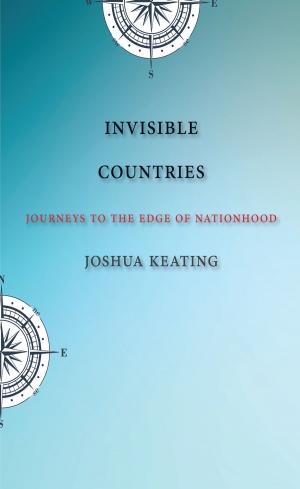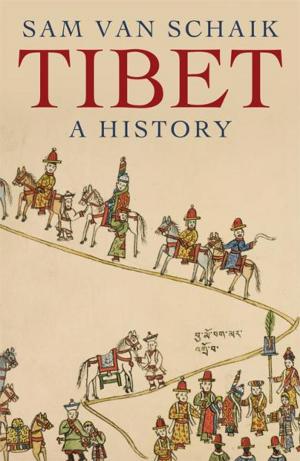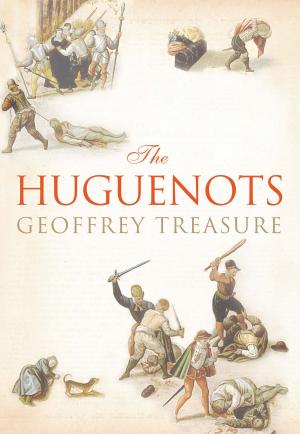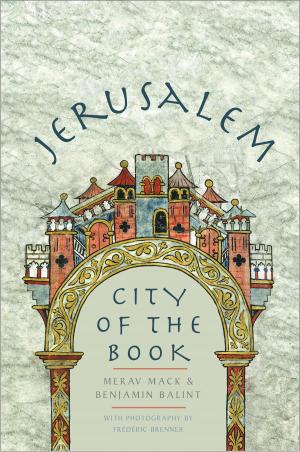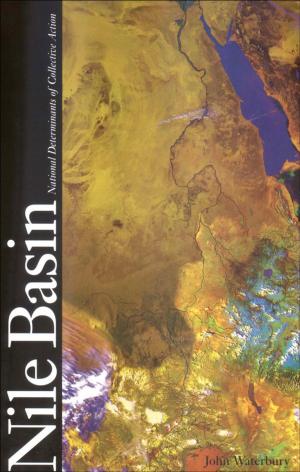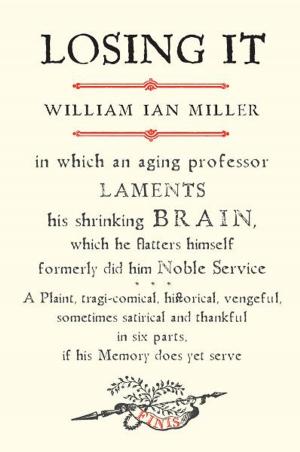The Spartan Regime
Its Character, Origins, and Grand Strategy
Nonfiction, History, Ancient History, Greece, Military, Strategy, Social & Cultural Studies, Political Science| Author: | Paul Anthony Rahe | ISBN: | 9780300224610 |
| Publisher: | Yale University Press | Publication: | September 27, 2016 |
| Imprint: | Yale University Press | Language: | English |
| Author: | Paul Anthony Rahe |
| ISBN: | 9780300224610 |
| Publisher: | Yale University Press |
| Publication: | September 27, 2016 |
| Imprint: | Yale University Press |
| Language: | English |
An authoritative and refreshingly original consideration of the government and culture of ancient Sparta and her place in Greek history
For centuries, ancient Sparta has been glorified in song, fiction, and popular art. Yet the true nature of a civilization described as a combination of democracy and oligarchy by Aristotle, considered an ideal of liberty in the ages of Machiavelli and Rousseau, and viewed as a forerunner of the modern totalitarian state by many twentieth-century scholars has long remained a mystery. In a bold new approach to historical study, noted historian Paul Rahe attempts to unravel the Spartan riddle by deploying the regime-oriented political science of the ancient Greeks, pioneered by Herodotus, Thucydides, Plato, Xenophon, and Polybius, in order to provide a more coherent picture of government, art, culture, and daily life in Lacedaemon than has previously appeared in print, and to explore the grand strategy the Spartans devised before the arrival of the Persians in the Aegean.
For centuries, ancient Sparta has been glorified in song, fiction, and popular art. Yet the true nature of a civilization described as a combination of democracy and oligarchy by Aristotle, considered an ideal of liberty in the ages of Machiavelli and Rousseau, and viewed as a forerunner of the modern totalitarian state by many twentieth-century scholars has long remained a mystery. In a bold new approach to historical study, noted historian Paul Rahe attempts to unravel the Spartan riddle by deploying the regime-oriented political science of the ancient Greeks, pioneered by Herodotus, Thucydides, Plato, Xenophon, and Polybius, in order to provide a more coherent picture of government, art, culture, and daily life in Lacedaemon than has previously appeared in print, and to explore the grand strategy the Spartans devised before the arrival of the Persians in the Aegean.
An authoritative and refreshingly original consideration of the government and culture of ancient Sparta and her place in Greek history
For centuries, ancient Sparta has been glorified in song, fiction, and popular art. Yet the true nature of a civilization described as a combination of democracy and oligarchy by Aristotle, considered an ideal of liberty in the ages of Machiavelli and Rousseau, and viewed as a forerunner of the modern totalitarian state by many twentieth-century scholars has long remained a mystery. In a bold new approach to historical study, noted historian Paul Rahe attempts to unravel the Spartan riddle by deploying the regime-oriented political science of the ancient Greeks, pioneered by Herodotus, Thucydides, Plato, Xenophon, and Polybius, in order to provide a more coherent picture of government, art, culture, and daily life in Lacedaemon than has previously appeared in print, and to explore the grand strategy the Spartans devised before the arrival of the Persians in the Aegean.
For centuries, ancient Sparta has been glorified in song, fiction, and popular art. Yet the true nature of a civilization described as a combination of democracy and oligarchy by Aristotle, considered an ideal of liberty in the ages of Machiavelli and Rousseau, and viewed as a forerunner of the modern totalitarian state by many twentieth-century scholars has long remained a mystery. In a bold new approach to historical study, noted historian Paul Rahe attempts to unravel the Spartan riddle by deploying the regime-oriented political science of the ancient Greeks, pioneered by Herodotus, Thucydides, Plato, Xenophon, and Polybius, in order to provide a more coherent picture of government, art, culture, and daily life in Lacedaemon than has previously appeared in print, and to explore the grand strategy the Spartans devised before the arrival of the Persians in the Aegean.


